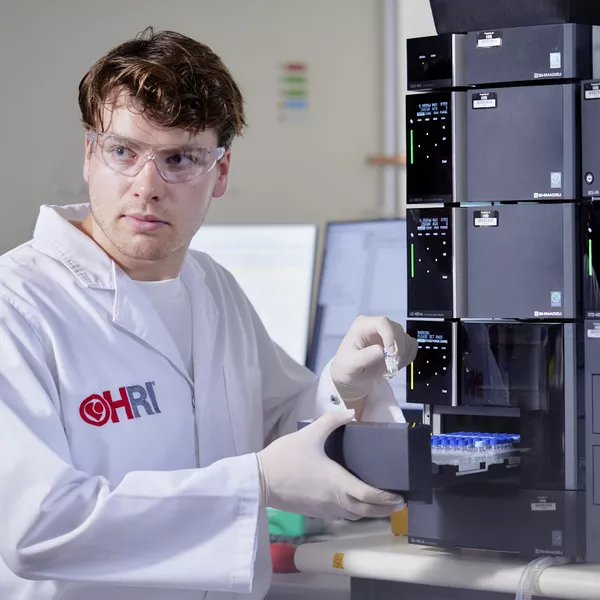Head of the Fluxomics Centre, Dr Sergey Tumanov, is drawing on his work in cancer research to leverage this new technology for groundbreaking research.
“Yesterday’s discoveries can help our parents and grandparents to live longer and healthier lives. We want the younger generation to benefit from tomorrow’s discoveries,” said Dr Tumanov.
Using the liquid chromatography–mass spectrometer (LC-MS) system, Dr Tumanov and his team at HRI will work to unlock some of the key mysteries of cardiovascular research to develop a critically deeper understanding of how and why CVD is formed, including why people who lead a healthy lifestyle still get CVD, why current treatments work well for some people but not for others, and why women and men develop the disease.
“The new LC-MS system is a valuable addition to the existing range of instruments within the Fluxomics Centre. Prior, we were limited by analysing small molecules and drugs in targeted fashion, ie, using a pre-determined shortlisted set of molecules. The new instrument allows us to analyse biological samples in untargeted fashion, collecting large datasets,” says Dr Tumanov.



